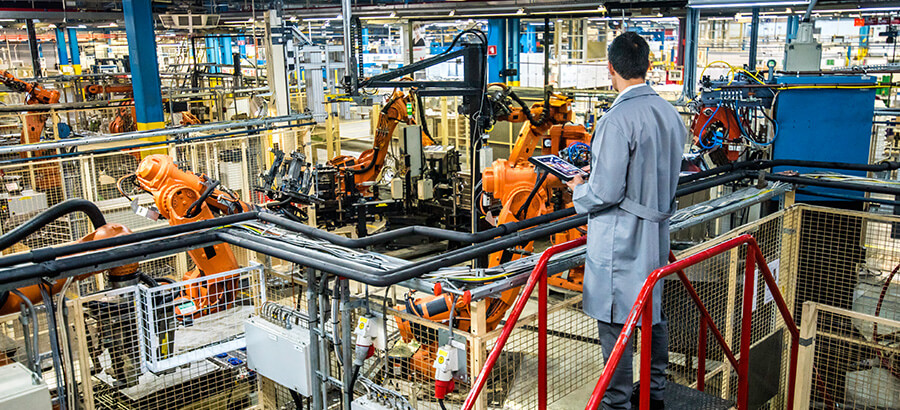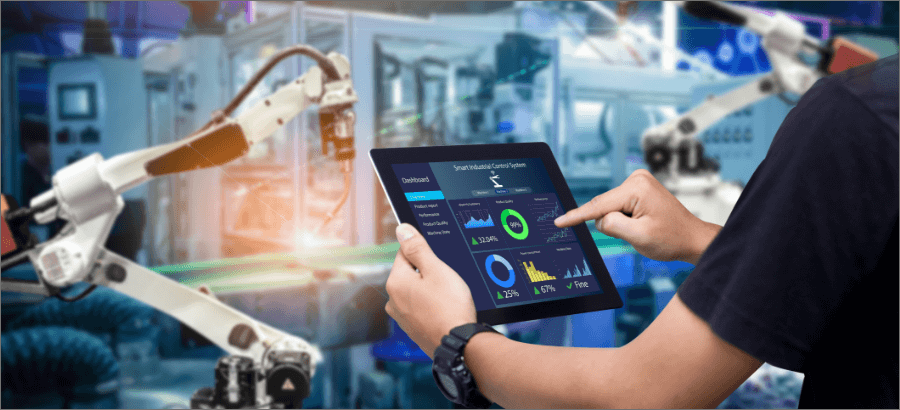The acceleration of technological adoption has created a new frontier for the world of work. With the rise of cloud computing, artificial intelligence, e-commerce and other collaborative technologies, businesses have had the opportunity to innovate and thrive. At the same time, the technology revolution has also created a dichotomy – it has resulted in a skills deficit where the workforce is simply not prepared for the future.
According to the latest World Economic Forum report entitled The Future of Jobs, the ability for global companies to harness the growth potential of new technology adoption is hindered by skills shortages. In fact, when deep-diving into the manufacturing sector specifically, 67.7% of respondents identified the skills gap as one of the biggest barriers to the adoption of new technologies. It is expected that 14% of workers are at risk of displacement in that industry alone.
Here are some considerations:
1. Build the right industry skills
As manufacturers and distributors consider the technology needed to enable the future of work, they need to also understand the types of skills necessary for success.
The WEF report identifies a list of top emerging skills in the sector. The top five are listed as follows:
- Technology use, monitoring, and control
- Critical thinking and analysis
- Active learning and learning strategies
- Leadership and social influence
- Analytical thinking and innovation
As you can see, the ability to optimize the use of technology is a top priority, but soft skills, social skills and analytical skills are now playing a much greater role in the industry. The challenge is that softer skills are often undervalued by organizations, who tend to focus on training initiatives in more tangible, harder skills.
2. Ensure that you consider the needs of a remote workforce
When the pandemic struck, entire workforces had to suddenly collaborate remotely, interact with new technologies and face the prospect of being replaced by automation. WEF calls this ‘double-disruption’ to the already burgeoning skills gap, where businesses were suddenly faced with the need to implement collaborative technologies, and employees needed the right skills to use them effectively.
Findings within our recent study entitled ‘The Inflection Point for the Factory of the Future’, revealed that recent lockdowns resulted in the inability for 47% of manufacturing and distribution businesses to function effectively. This was due to a combination of ineffective business systems and manual processes, resulting in an inability for staff members to operate efficiently.
In a shift towards remote work and increased collaboration, 73% of businesses stated they would need to invest in technology to facilitate remote working capabilities in the future. What is particularly interesting, is that almost half (45%) of businesses have realized that they could lose talent in the future if they do not embrace remote working moving forward. Training initiatives to enable the remote workforce are therefore imperative.
3. Augment jobs, don’t just replace people
The WEF ‘Future of Jobs’ report also refers to the augmentation of key job tasks. By 2024, humans will facilitate only 38.3% of information and data processing, 44.1% of manual work activities, and 46% of looking for and receiving job-related information. In general, by 2025, the time spent on current tasks at work by humans and machines will be equal.
Jobs focused on manual processing will, therefore, be augmented by emerging technologies such as AI. While most manual processes will be replaced, manufacturers can start focusing on upskilling employees in other critical areas such as software applications, data science, and robotics.
While the world of work is changing, the key is to ensure that employees are enabled with the right skills, knowledge, and expertise along the digital transformation journey.







